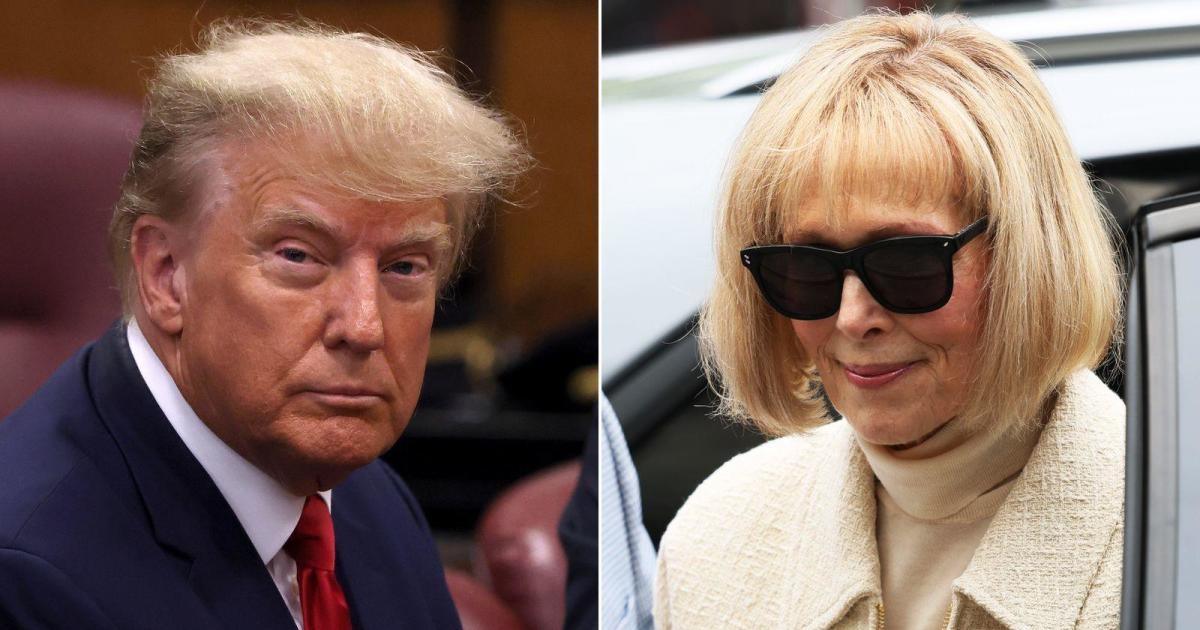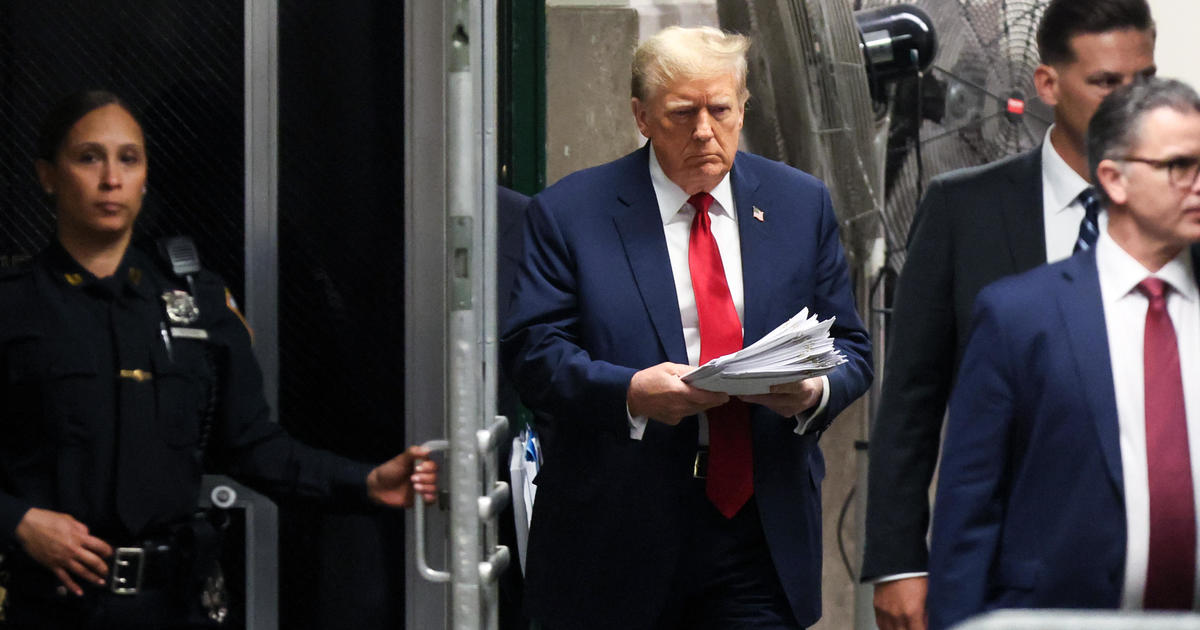The special master and its role in the Mar-a-Lago document probe
Washington — A federal judge on Monday granted former President Donald Trump's request for a third party to review the materials seized by the FBI during its search at Mar-a-Lago, his South Florida residence, opening a new chapter in the dispute over the former president's handling of sensitive government records.
The order from U.S. District Judge Aileen Cannon sets a Sept. 9 deadline for the Justice Department and Trump's lawyers to confer and submit a list of proposed candidates to serve as the outside arbiter, known as a special master, as well as a detailed proposed description of the special master's duties and limitations.
During the FBI search at Mar-a-Lago, agents took 33 items from a storage room on the property and the former president's office. More than 100 documents with classification markings were found in 13 boxes or containers, while three documents with "confidential" and "secret" classification markings were taken from desks in Trump's office at Mar-a-Lago, the Justice Department said.
The FBI also found 48 empty folders with "classified" banners alongside newspaper and magazine articles, books and pieces of clothing kept in boxes or containers retrieved from the storage room, according to a detailed list of property taken from Mar-a-Lago made public last week.
But Cannon wrote in her 24-page order that FBI agents also took medical documents, correspondence related to taxes and accounting information, and she cited an acknowledgement by federal prosecutors that investigators seized some "personal effects without evidentiary value," as well as 500 pages of material that may be subject to attorney-client privilege.
Here is more about what a special master is and what he or she may do.
What is a special master?
Special masters are appointed by a court to carry out action on its behalf, according to the Legal Information Institute at Cornell Law School. The appointment of a special master must "be the exception and not the rule," according to Rule 53 of the Federal Rules of Civil Procedure.
Special masters can perform a wide range of functions, among them, discovery oversight and management, pretrial case management, and conducting privilege reviews, according to American Bar Association guidelines for the appointment and use of special masters.
In the case involving Trump, the special master to be appointed by the court is tasked with reviewing the documents seized at Mar-a-Lago for personal items and potentially privileged material that may be subject to attorney-client or executive privileges.
What power does a special master have?
Under the Federal Rules of Civil Procedure, the special master's powers, as well as its limitations, are specified in an appointing order from the court. The American Bar Association recommends the order describe the scope of the engagement, including his or her duties and powers, compensation rates, requirements for issuing decisions and time limits and standards for reviewing the master's orders, findings and recommendations.
In an Aug. 30 filing detailing its opposition to a special master, the Justice Department laid out numerous conditions to be met if Cannon were to authorize the appointment of an independent arbiter, including that the special master's duties should be limited to assessing claims by Trump of attorney-client privilege over the set of potentially privileged documents identified by a FBI filter team, which sifted through and set aside seized records that may be privileged. But court held that because the filter team "did not screen for material potentially subject to executive privilege, further review is required for that additional purpose."
Federal prosecutors also called for the court to set a deadline for the special master's review, with final decisions on disputed records to be made by Sept. 30. The Justice Department's proposal, however, was submitted before Cannon authorized the appointment of a special master.
When have special masters been used?
According to the American Bar Association, appointing special masters "has historically been viewed as an extraordinary measure" used on rare occasions.
These arbiters have been used by the Supreme Court in original jurisdiction cases, when the high court acts as a trial court, which often involve boundary disputes between states. A special master was also appointed by the Justice Department to administer compensation to victims of the Sept. 11, 2001, terror attacks.
In the Microsoft antitrust case brought by the U.S. government, U.S. District Judge Thomas Penfield Jackson appointed Harvard Law School Professor Lawrence Lessig to be special master to review "complex issues of cybertechnology and contract interpretation." The case involved whether Microsoft's browser, Internet Explorer, could be separated from its operating system, Windows 95. However, Microsoft sought to revoke Lessig's appointment, arguing that the scope of the position was too broad. The appeals court ruled in Microsoft's favor on procedural grounds.
Who could serve as a special master in the case involving Trump?
The Justice Department recommended that if the special master has to review classified documents, he or she should already have a Top Secret/SCI security clearance, and prosecutors noted any third-party appointed by the court would also likely have to obtain "specific authorization" from the intelligence community to review "particularly sensitive materials."
A master must not have a relationship to the parties, attorneys, action or court that would require disqualification of a judge under federal statute, according to Rule 53.
The Justice Department and Trump's lawyers have until Friday to settle on a list of prospective candidates to serve as special master in the dispute over the records seized by the FBI. Late last month, National Security Counselors, a public interest law firm specializing in national security and privacy law, submitted to the court a list of four law professors who specialize in matters of executive privilege.



